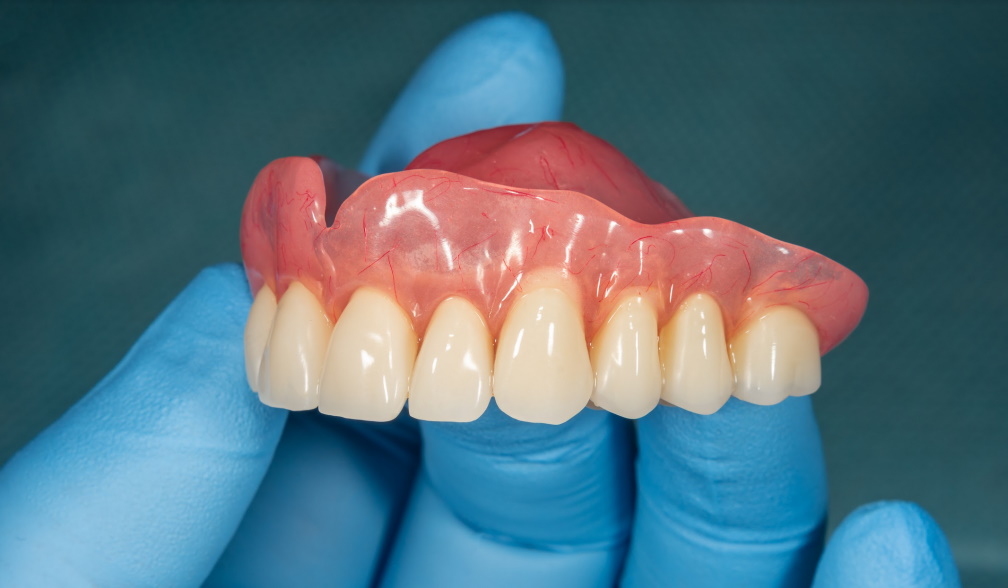4 Ways In Which Your Diet Affects Your Oral Health

When you are young most people can eat what they like and don’t appear to need to worry about the consequences. The truth is your metabolism is faster and most of what you eat gets used. However, as you age and your body changes keeping the same eating habits is likely to result in increased body weight and associated health issues.
Unfortunately, bad habits are harder to break once you’ve become accustomed to them. That’s why you need to see how your diet affects your oral health today and start making changes.
It can help to visit your local reputable dentist Fortitude Valley to get your teeth and overall oral health checked.
-
Sugar Rots Teeth
You probably already know that eating too much sugar is the number one cause of tooth rot. Sugar reacts with the bacteria that naturally occur in your mouth. The interaction creates acid which can attack the enamel on your teeth.
At the same time, food debris in your mouth sticks to your teeth and causes plaque which turns to tartar. This increases the likelihood of tooth and gum damage.
It is important to note that your oral health is connected to your overall health, looking after both is important.
-
Lack Of Calcium Weakens Teeth
Calcium is essential as it strengthens teeth and the bones in your body. If you don’t get enough calcium in your diet your teeth are likely to become weak, increasing the risk of cavities and other issues.
Take a look at your diet and see if you are getting enough calcium, it’s commonly absorbed from dairy products. If you’re not you can change your diet to include more calcium or consider a supplement.
-
Citrus Acid Can cause Erosion
Citrus fruit tastes great and is generally a much healthier option than sugary snacks. However, you should proceed with caution. The acid in citrus fruits can attack the enamel on your teeth and damage them. Once the enamel is damaged it is much easier for bacteria to get into your tooth and cause an infection.
If you eat citrus fruits, limit your consumption and rinse your mouth afterward with water.
-
Low Protein Reduces Your Ability To Heal
Protein is an essential part of your diet. It is used by your body to repair damaged cells, that includes any damage in your mouth. Low rates of protein in your diet have been linked to an increased risk of gum disease simply because the body can’t repair tissue fast enough to keep infection out.
Again, take a look at your diet and how much protein you currently get. It may be time to increase it.
Naturally, the above dietary tips will be aided by regularly brushing. You should be brushing your teeth twice a day for two minutes each time. Flossing at least once is also advised and, you can use a non-alcoholic mouthwash to help keep the bacteria and acids away.

























